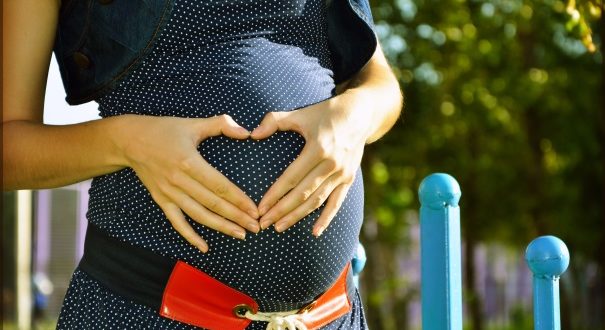Divorce and Pregnancy
Missouri’s divorce law, which allows judges to stop pregnant individuals from divorcing their spouses, went viral online this month when a Democratic state representative introduced legislation to overturn the 1973 law. There are similar laws in Arkansas and Texas, where judges frown upon entering a divorce decree until a pregnancy is terminated or a baby is born. This is particularly alarming in Missouri, where the state banned abortion in June 2022, including in cases of rape and incest. The alleged justification for the Missouri divorce law is that the courts should not have to have to resolve issues of paternity, child custody, and child support during a divorce. This applies even in cases of domestic violence and may lead to reproductive coercion.
Reproductive coercion is a type of abuse. It involves threats or acts of violence against a person’s reproductive health or decision-making. Approximately 25% of people who contact the National Domestic Violence Hotline report experiencing reproductive coercion.
Examples of reproductive coercion include threatening violence or becoming violent if a person wishes to either end or continue a pregnancy; refusing to use, breaking, or removing a condom during intercourse; or, withholding finances needed to purchase birth control or to get an abortion.
Missouri House Bill 2402 would change the language of the law to clarify that “pregnancy status shall not prevent the court from entering a judgment of dissolution of marriage or legal separation.”
Unlike Missouri, the Commonwealth of Pennsylvania does not require pregnant people to disclose their status in a divorce complaint. Issues such as paternity, child custody, and child support can be handled in separate proceedings from a divorce if and/or when a child of the marriage is born post-divorce. Residents can feel secure that seeking a divorce does not jeopardize their reproductive freedoms within Pennsylvania.

